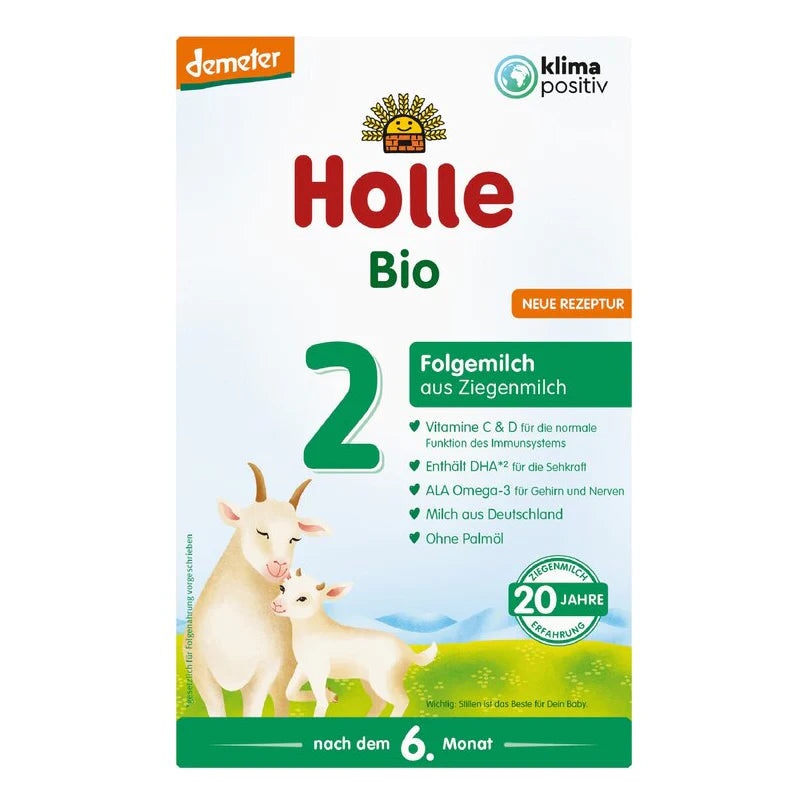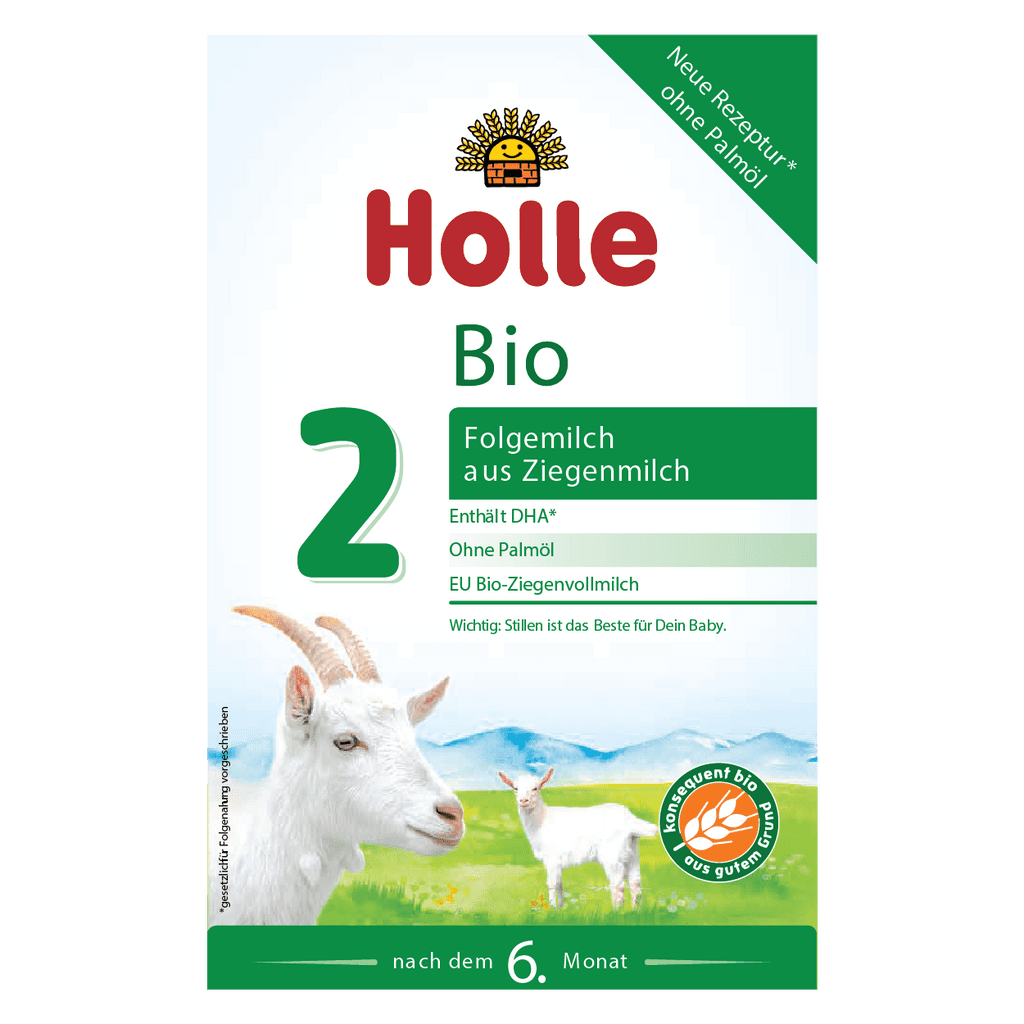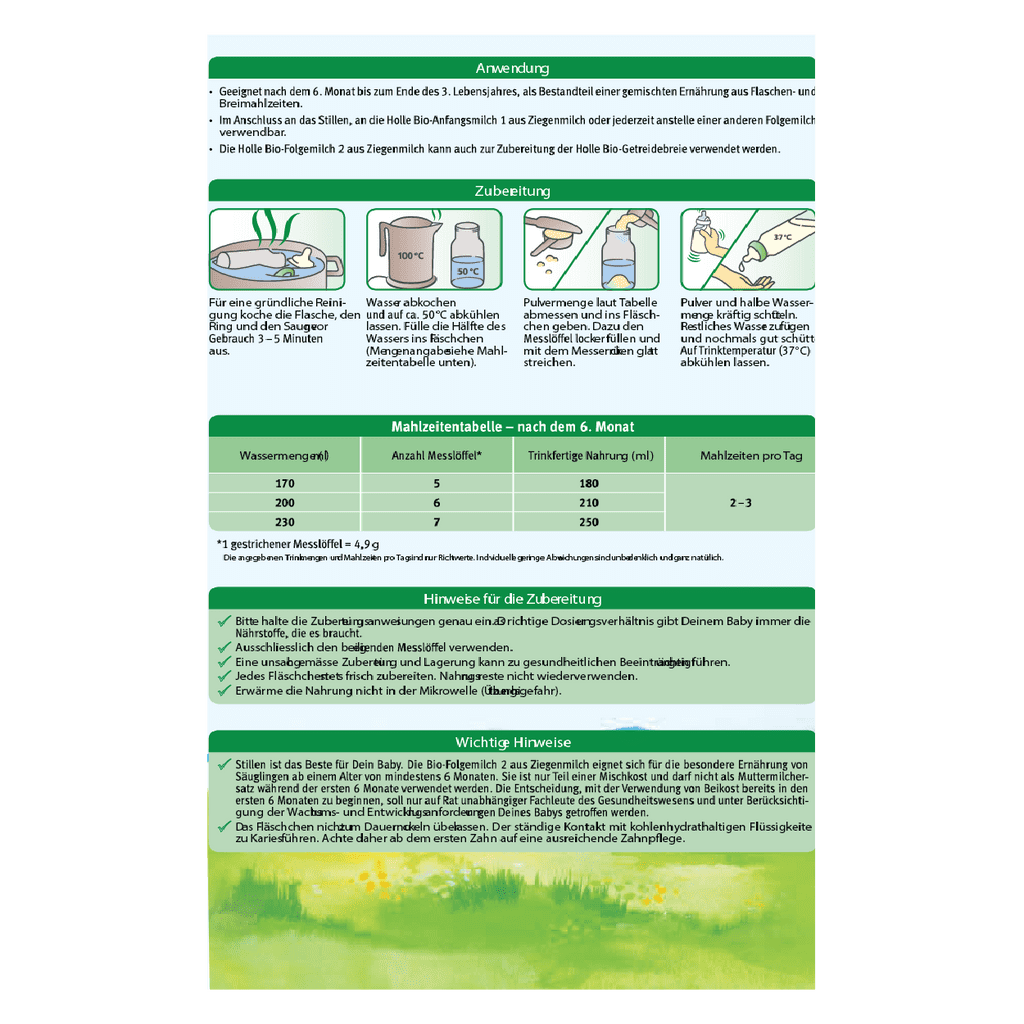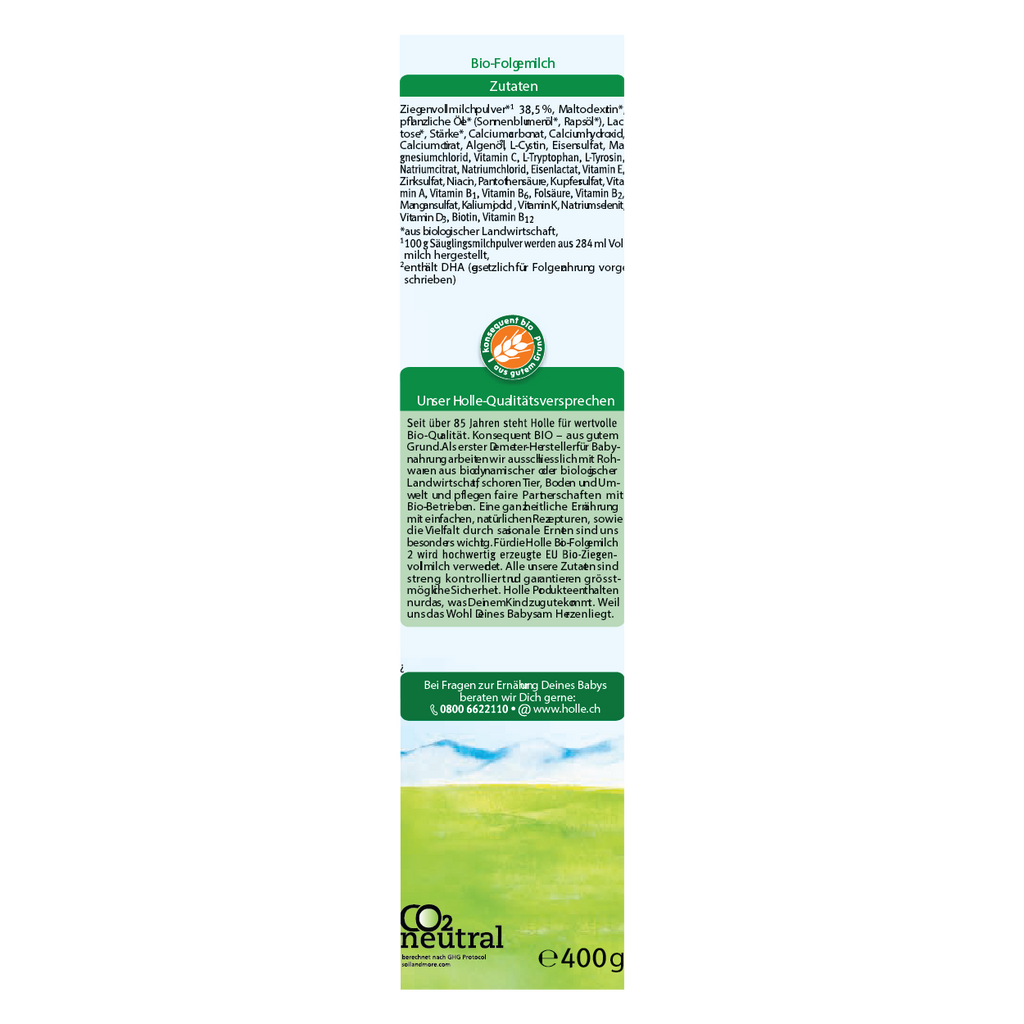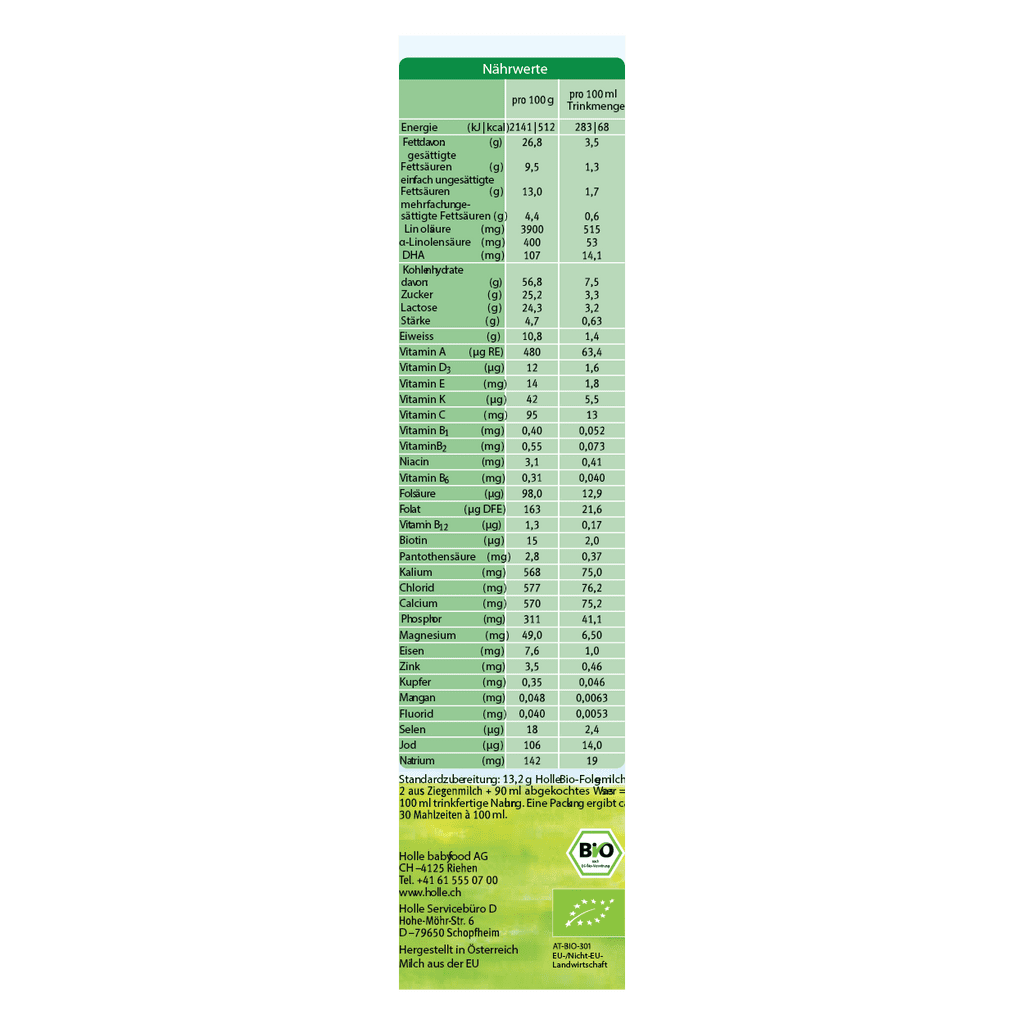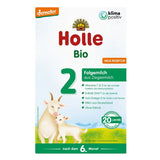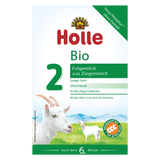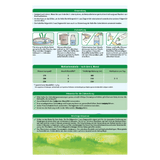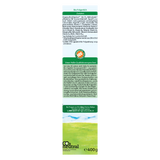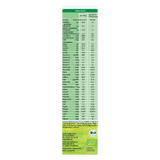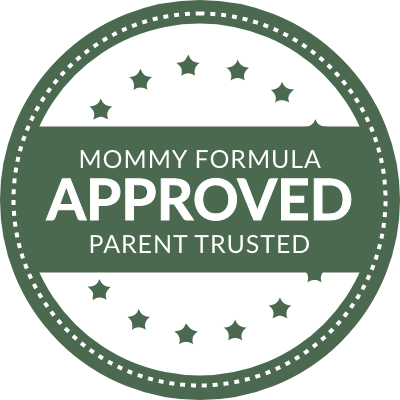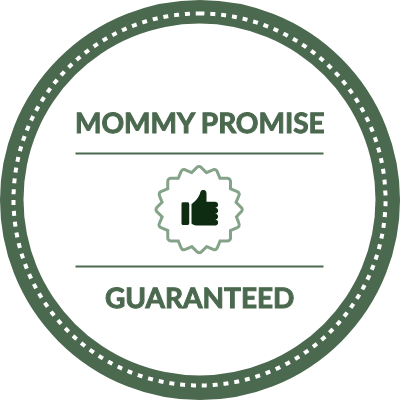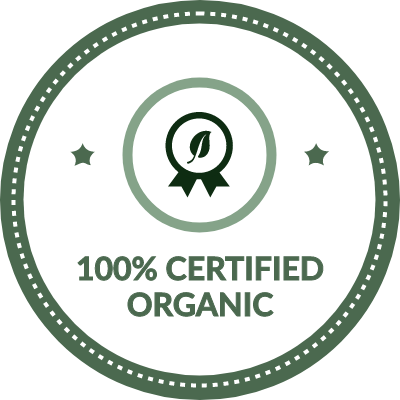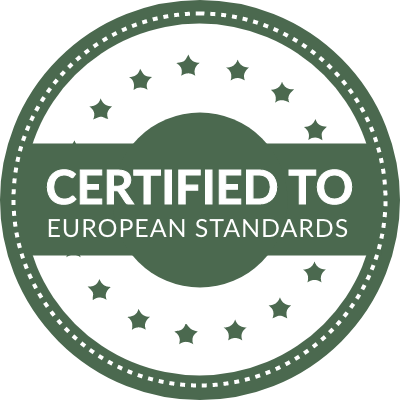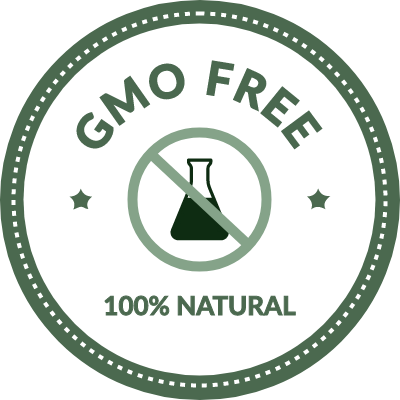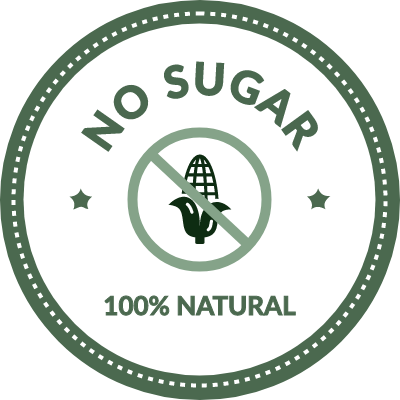When should I switch to Holle Stage 2?
Once your baby has reached 6 months of age, it is recommended that you switch them to Holle Stage 2 formula. Holle Stage 2 is specially formulated to meet the dietary needs of infants from the 6th month onwards.
This formula consists of both lactose and starch, which is thicker than Stage 1 and will keep your baby full for longer. Holle Stage 2 also offers your baby all of the essential nutrients they need without artificial ingredients. It is important to note that you can either transition your baby to whole cow's milk at 12 months, or move onto Holle Stage 3 if you prefer.
What is the difference between Holle Stage 2 and 3?
The difference between Holle Stage 2 and 3 is primarily in their nutritional content. Holle Stage 2 is suitable for babies from 6 months, and provides them with the vitamins, minerals, and fatty acids that they need for growth.
Stage 3 is formulated for growing babies who are eating solid foods, and has extra nutrients to provide the energy levels that they need. Compared to Holle Stage 1, both stages have more fat, milk protein, starch, and vitamins. The fat content increases from 11g in stage 1 to a slightly lower amount in stage 3.
Holle Stage 1 utilizes sustainably produced palm oil as a source of healthy fats while HiPP Stage 1 relies on other Omega-3 and Omega-6 sources. Additionally, Stage 2 and 3 also have an increase in iron which is consistent with the generally accepted scientific view that infants require more iron at this age.
Finally, the primary difference between Stage 2 and Stage 1 is the number of ingredients used; at this age babies need more of certain nutrients to meet their growth needs.
Does Holle goat milk cause constipation?
Holle Goat Milk Formula may help to treat and prevent constipation in babies due to its natural high levels of vitamins A and C, magnesium, and calcium. Holle Goat Milk is also known for not containing any soy allergens, sugar, or corn syrup, which can be beneficial for those with sensitive digestive systems.
It is also known for having an easier to digest goat milk enzyme which helps to reduce constipation and bloating. As every baby is an individual, it is important to note that results may vary from baby to baby. Holle Goat Milk may be a good choice for those looking for an organic and natural formula with potential benefits in reducing constipation.
Do I have to boil water for Holle formula?
Do you need to boil water for Holle formula? Yes, boiling water is the best way to ensure that your baby's formula is safe and free of any potential bacteria. Before preparing Holle formula, it is important to boil the water for 3-4 minutes, turn off the heat and let it cool to 122°F/50 °C.
Once cooled, mix half of the water with all of the formula into the bottle and shake well. Additionally, it is important to sterilize the bottle, nipple, and other equipment that will be used in the process. Following these steps will provide your baby with a safe and healthy bottle of Holle formula.
How long does Holle formula last after mixed?
Holle formula can be stored for up to 24 hours after mixing, after which it must be refrigerated. According to the Holle company, the formula will last for two weeks once opened, and should be stored in a cool, dry place. For maximum freshness and nutrition, it is best to use the formula within 24 hours of mixing. Holle also notes that their formula does not have clumps or bubbles when mixed and blends nicely.
Can I give my 3-month-old baby Stage 2 formula?
It is not recommended that you give your 3-month-old baby stage 2 formula. Stage 2 formulas are meant for infants aged 6-10 months of age, as they contain more iron than prior stages. At 3 months old, babies need a formula that is nutritionally tailored to their stage of growth and development, which is why it is recommended that you use a Stage 1 or starter formula until your baby reaches 6 months of age.
Stage 1 formulas are suitable for babies aged up to 6 months and contain the right amount of starch, nutrients, and energy that young babies need. It is important to note that while some families may choose to stay with a Stage 1 formula even after their little one has reached 6 months, it is generally advised that you transition to goat stage 2 organic follow-on formula once your baby is six months old.






